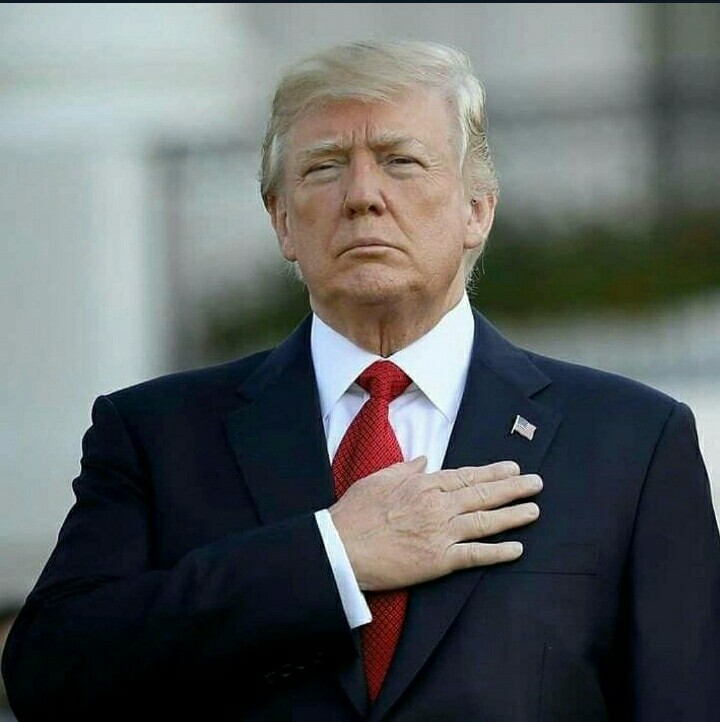Governor Greg Abbott of Texas has officially signed a robust border security bill into law, providing extensive powers to state law enforcement for apprehending individuals entering Texas without proper authorization.
This December 18 move by the Republican governor introduces one of the nation’s most stringent immigration laws, potentially leading to conflicts with the federal government, which holds jurisdiction over immigration policy.
The legislation extends authority to all Texas law enforcement personnel, irrespective of their proximity to the border, allowing them to detain those suspected of illegal entry into the country. Given that the offense is categorized as a misdemeanor, judges now have the authority to issue orders for defendants to depart the country.
During a bill-signing ceremony at the Brownsville border wall in Texas, Abbott underscored, “Biden’s intentional inaction has forced Texas to stand alone.”
Simultaneously, on December 18, U.S. Customs and Border Protection temporarily shut down two railroad border crossings in Texas to redeploy officers for migrant processing—a move contested by rail operators concerned about potential trade disruptions leading up to Christmas.
Detractors of the law argue that it could result in racial profiling, wrongful arrests of citizens and legal residents, and discourage immigrant crime victims from seeking police help.
State Representative David Spiller, a sponsor of the bill, clarified that the new law exempts residents present in the country for more than two years. He defended the legislation, emphasizing its targeted application along the border and asserting the inclusion of adequate safeguards.
Nevertheless, legal experts and immigrant rights advocacy groups oppose the Texas law, contending that it encroaches upon the federal government’s jurisdiction in immigration matters.
Democrats have accused Texas Republicans of attempting to exploit the recent conservative majority on the U.S. Supreme Court to reconsider a 2012 case that invalidated significant portions of previous immigration laws.
The Mexican government, already in conflict with Texas over border actions, has expressed serious reservations about the new legislation.
Anticipated legal challenges may assert that it contradicts U.S. law, as deportation authority is exclusively vested in the federal government.
Governor Abbott, now in his third term, has made robust border policies a focal point of his leadership in Texas.
In addition to granting law enforcement expanded arrest capabilities, Texas Republicans are advocating for a $1.5 billion allocation to further extend segments of the federal border wall.
Recent legal maneuvers involve a lawsuit to maintain a floating barrier on the Rio Grande and prevent Border Patrol agents from removing razor wire.










